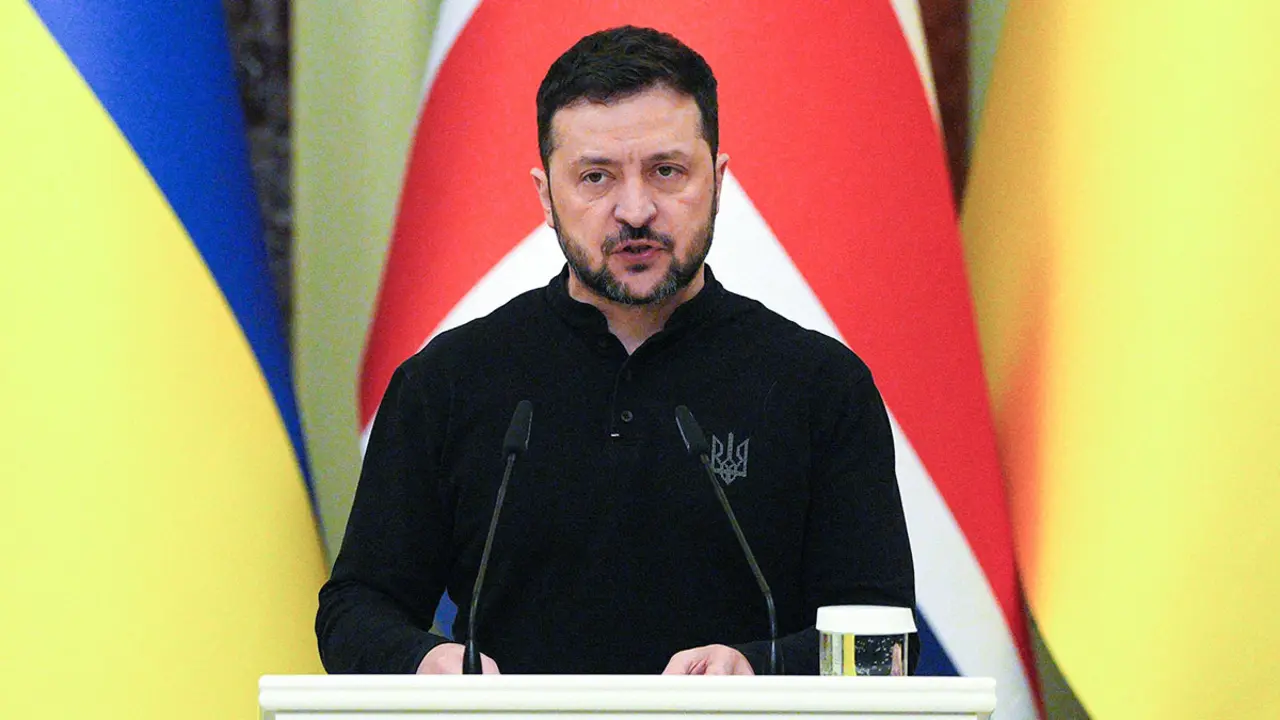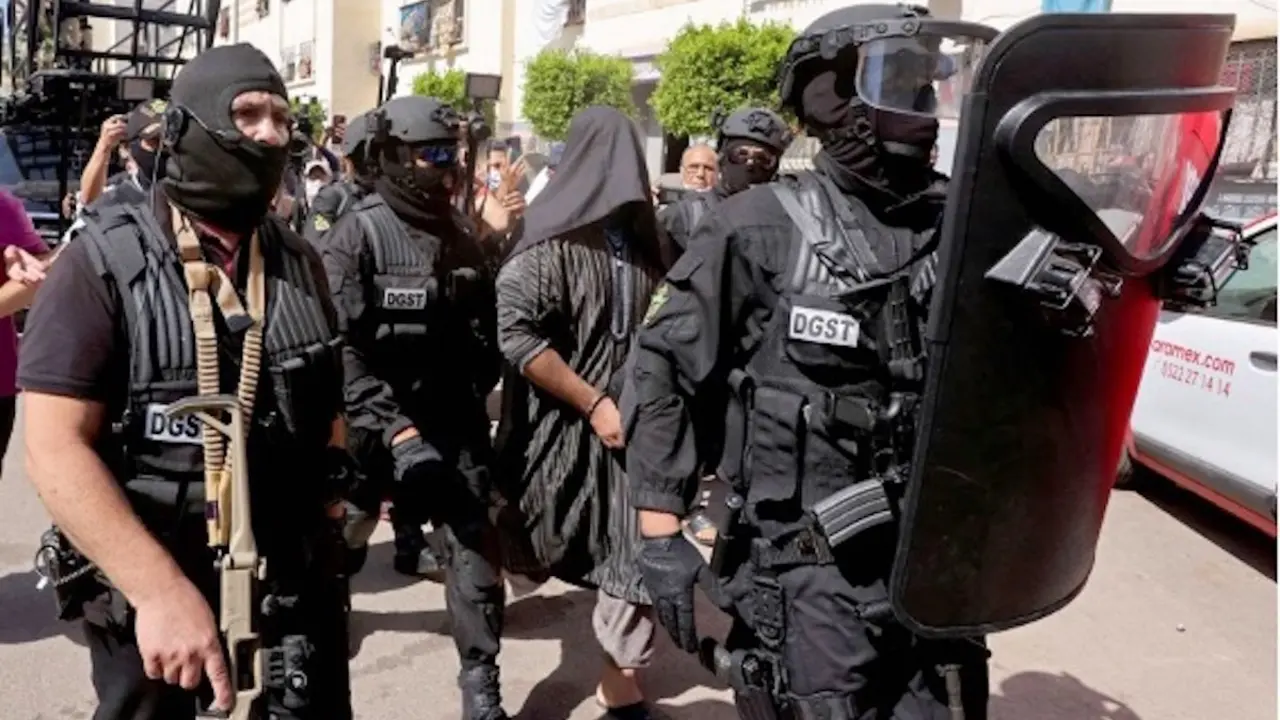Algeria: Tebboune tries to get around suspicions of corruption plaguing his government

The Algerian population's perception of corruption is one of the highest in the world, placing political scandals in a delicate situation when it comes to concealment. According to the corruption indexes of the Transparency International (TI), Algeria ranks 116th out of 180 countries. Given that perception is what is measured and press freedom has been affected, the fact that it has not changed in recent years does not mean that corruption has diminished in the North African nation. Instead, it raises the possibility that the data is inaccurate.
Knowing that it would negatively affect President Abdelmadjid Tebboune's chances of holding on to a second term, the Algerian government was quick to dispel any interpretation or suggestion that it is linked to the most recent cases of political and financial corruption, linking them to the previous political phase and keeping as far away as possible from what they call the 'New Algeria'. Nassim Diyafat, the recently arrested minister accused of involvement in a case of political and financial corruption, was mentioned by name in a telegram released by the official Algerian news agency without respecting the presumption of innocence.
The telegram, which Al-Arab was able to access, stated that "Diyafat's case is only evidence of the end of the era of impunity, as the tumour is now being treated immediately to prevent its spread, as it used to be".

The circumstances surrounding the order to remove former minister Diyafat from office gave the forces of inertia the opportunity to spread false information online. The telegram also demonstrates how the central administration has made a far-sighted effort to achieve two objectives: to mislead the Algerian public and the international community about the existence of corruption and to erode public confidence in the executive by instilling a climate of fear and suspicion.
He went on to add that within the government there is absolute tranquillity, stating that there is no settling of scores, no fictitious prosecutions, not even a list of executives in or out of office under judicial scrutiny. It also highlights the fact that few government officials, including those in high positions in national politics, are currently or have ever been involved in corruption cases, and that those who are currently involved are in prisons. Abdelmadjid Tebboune, for his part, does not hold back in accusing those who, in his opinion, "spread false information", eradicating all such views "because tens of thousands of managers and heads of institutions throughout the country believe the opposite to be true".

The telegram made a strong emphasis on linking corruption in the country to the country's previous political stage and not to the state, stating, "What has happened recently in terms of the corruption scandals sweeping the nation, the numerous embezzlements, money smuggling and all forms of trafficking, not to mention the complicity of the predatory oligarchy with senior state officials, is finally over."
According to Al-Arab, the purpose of the telegram was to challenge the government's reporting of legal proceedings involving the ministers of this Abdulaziz Jarad and Ayman bin Abdul Rahman. Nassim Diyafat has been the focus of judicial and security investigations over the past week. He is the Prime Minister's representative for small businesses. Other ministers implicated in the case include Samia Mualfi, Minister of Tourism, Kamal Beljoud, the Minister of Environment, and even the Minister of Interior

If we examine the ministries that have been most affected by dishonest attitudes towards the population, we discover that they are ministers that Telegram considers "second class" because of the distribution they receive from the annual budgets. In addition, these had to do with the environment, traditional industries and travel-related businesses.
An illustrative case is the arrest of the former deputy minister and general director of the Algerian Company for the Construction of Metallic Works and Structures, along with 37 other people, as part of major investigations involving the General Complex of Metallurgical and Iron Industries (IMTAL), which is being investigated for questionable practices in the awarding of contracts. Evidence suggests that Diyafat used his position of influence at the level of one of the IMTAL complex's branches to act as an intermediary for his family members to secure deals in a shady and illegal manner. He was also accused of misusing public resources, abusing his power and granting unjustified privileges to outsiders.

The investigating judge imposed judicial supervision measures on his wife, his sister and his brother's wife while they awaited trial, forcing them to appear frequently in court to sign in.
The relentless fall of ministers in the current and late Abdelaziz Bouteflika's executive is causing official bodies to dissociate themselves from all those affected by the cases. That corruption is sustained in the new youth entering national politics, and thus involved in and familiar with corruption, speaks more of a corrupt system than of dishonest individuals. As in all political systems affected by the virus of corruption, the hand of businessmen is always present as they do not have the moral burden to shirk the responsibilities given to them by the people in elections.








